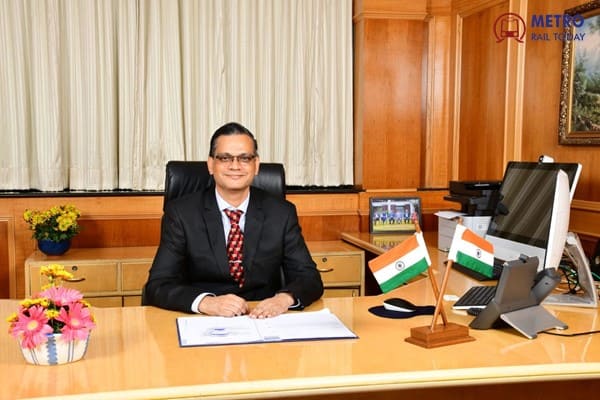 Manoj Jain takes charge as Chairman and Managing Director of Bharat Electronics Ltd
Manoj Jain takes charge as Chairman and Managing Director of Bharat Electronics Ltd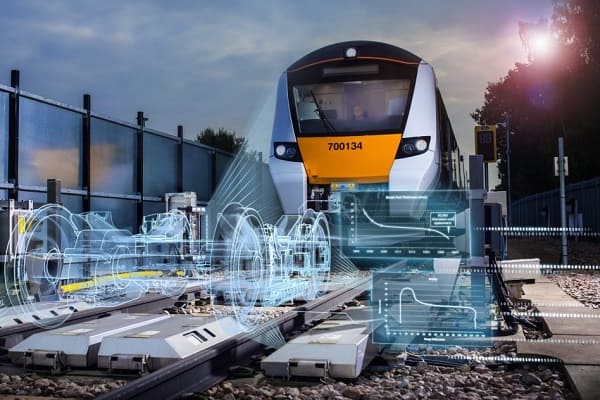 Titagarh Rail commences production of Driverless Trains for Bangalore Metro's Yellow Line
Titagarh Rail commences production of Driverless Trains for Bangalore Metro's Yellow Line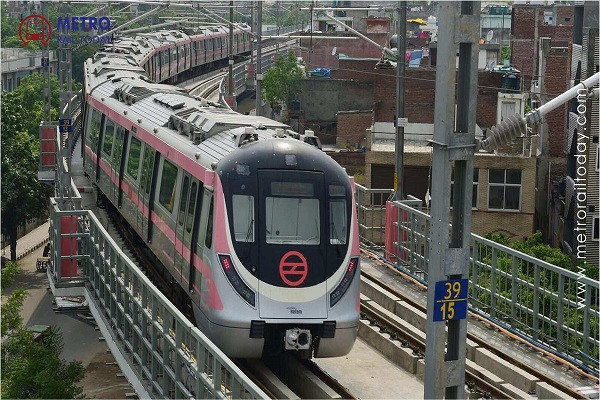 Central Govt approves construction of Delhi Metro's Rithala-Narela-Kundli Corridor
Central Govt approves construction of Delhi Metro's Rithala-Narela-Kundli Corridor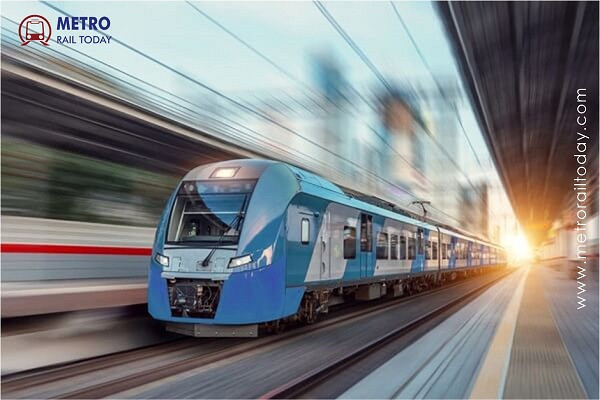 K-RIDE floated Tender for Station Work on Priority Section of Bengaluru Suburban Rail Project
K-RIDE floated Tender for Station Work on Priority Section of Bengaluru Suburban Rail Project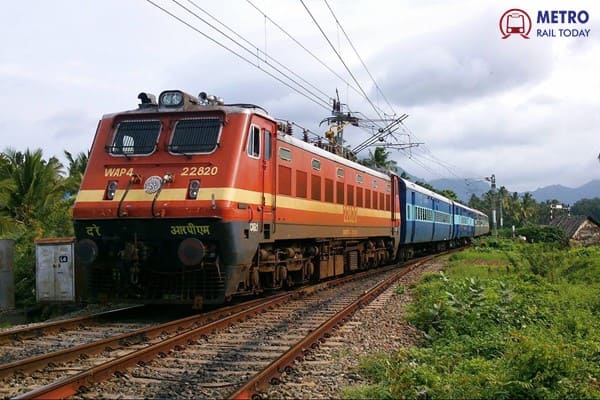 Kanchanjanga Express Collision: A Comprehensive Analysis on the Tragic Accident
Kanchanjanga Express Collision: A Comprehensive Analysis on the Tragic Accident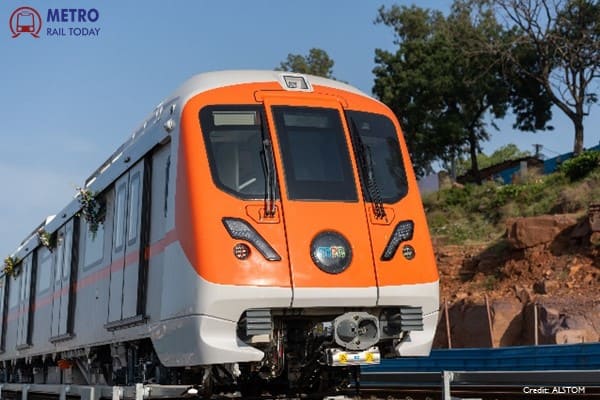 Ayesa wins E&M DDC Contract of Bhopal and Indore Metro Rail Project
Ayesa wins E&M DDC Contract of Bhopal and Indore Metro Rail Project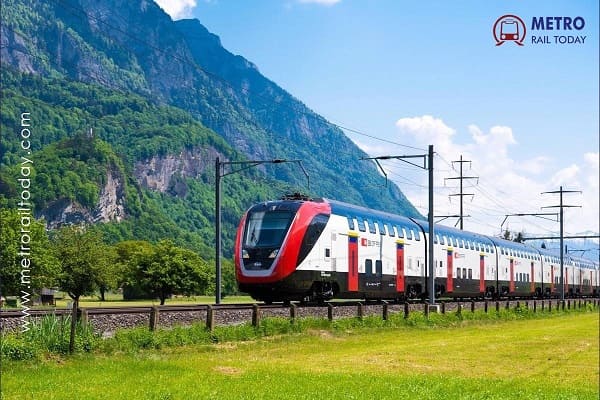 12 Bidders compete for Contract Package C-6 of Haryana Orbital Rail Corridor
12 Bidders compete for Contract Package C-6 of Haryana Orbital Rail Corridor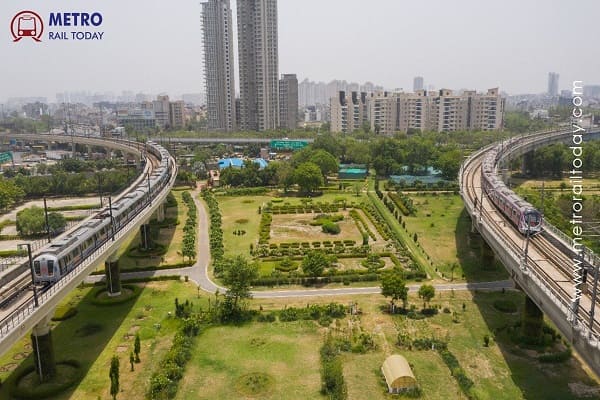 DMRC and RITES join hands for India and Global Consultancy Projects
DMRC and RITES join hands for India and Global Consultancy Projects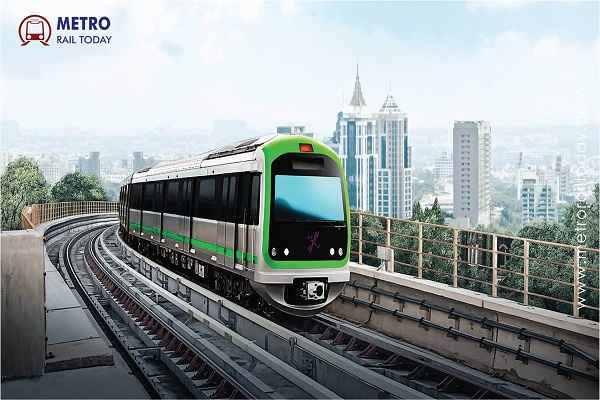 Siemens – RVNL JV awarded Electrification Contract for Bangalore Metro Phase 2A & 2B
Siemens – RVNL JV awarded Electrification Contract for Bangalore Metro Phase 2A & 2B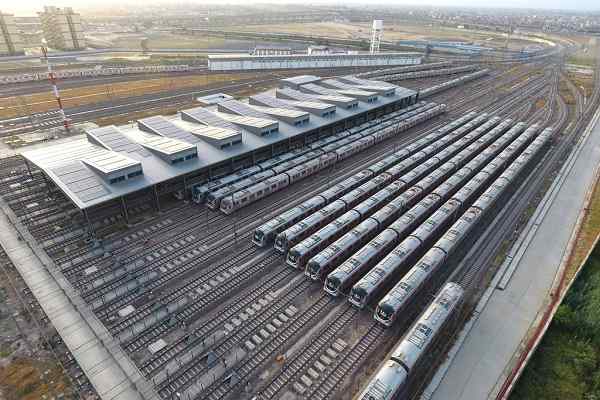 MIA Construction wins civil contract for Bhubaneswar Metro's Phulapokhari Depot
MIA Construction wins civil contract for Bhubaneswar Metro's Phulapokhari Depot
Tender floated to appoint General Consultants for ₹5,452 crore Gurugram Metro Extn Project
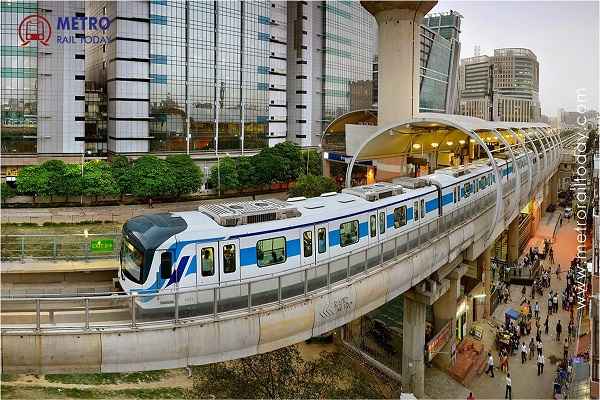
Gurugram, India (Metro Rail Today): The ambitious Gurugram Metro project, which aims to transform urban commuting in Gurugram, Haryana, is gaining momentum with new developments. The project, with an estimated cost of ₹5,452 crore, promises to enhance connectivity across the bustling city. On February 16, Prime Minister Narendra Modi laid the foundation stone for this significant infrastructure venture, marking the commencement of a new chapter in Gurugram's transportation narrative.
The Gurugram Metro project will extend the metro line from Huda City Centre to Cyber Hub via Old Gurugram, spanning a total distance of 28.5 kilometers. This route will include 27 elevated stations, strategically placed to cover key areas of the city. The metro line will not only ease the traffic congestion in the city but also provide a more efficient and eco-friendly mode of transportation for its residents.
Tenders for Consultants
In a crucial step towards realizing this project, the Gurugram Metro Rail Limited (GMRL) has floated tenders to hire consultants. A significant tender, valued at nearly ₹135 crore, has been announced to bring on board a general consultant. This consultant will play a pivotal role in assisting with the procurement, construction management, testing, and commissioning of the entire metro system. The aim is to ensure a streamlined and efficient execution of the project.
Geo-technical surveys are already underway, with workers diligently carrying out these preliminary tasks. These surveys are essential to understand the ground conditions and ensure the structural integrity of the metro system.
Timelines and Approvals
The process to float the tender was accelerated by obtaining permission from the Election Commission of India (ECI). This step was necessary due to the ongoing model code of conduct enforced by the Lok Sabha polls. The tenders were officially floated on May 8, with the bids for the general consultant set to be opened on June 24. In addition, a tender for a detailed design consultant (DDC) was also floated on the same date, with its bids scheduled to be opened on May 20.
Efforts are being made to expedite the tender allotment process, with officials aiming to finalize the consultants by the end of June. This swift action reflects the urgency and importance of the metro project for the city’s infrastructure development.
Roles and Responsibilities of Consultants
The general consultant will have a comprehensive mandate, overseeing the project from inception to completion. Their responsibilities include reviewing the Detailed Project Report (DPR), checking designs, preparing tender documents, supervising construction activities, and ensuring proper testing and commissioning of the metro system. Furthermore, the consultant will develop a disaster management plan, a security plan, and property development plans.
On the other hand, the detailed design consultant will focus on the meticulous design aspects of the metro system. This includes conceptual layout planning for the 27 elevated stations and ensuring that all design elements adhere to the project’s requirements. The design consultant's task is crucial, as it lays the foundation for the subsequent construction phases. The design phase is expected to be completed within 48 weeks, with a budget pegged at ₹17.68 crore.
Key Features of the Gurugram Metro Rail Project
The Gurugram Metro project is designed with advanced features to cater to the city's growing transportation needs. The metro will have a design speed of 90 kmph and a maximum speed of 80 kmph, ensuring swift transit across the city. The main corridor will stretch from Millennium City Centre to Cyber City, covering 26.65 kilometers and connecting vital areas such as Subash Chowk, Hero Honda Chowk, Sector 4/5, Palam Vihar, and Cyber Hub.
Additionally, there will be a spur from Basai Village to the Dwarka Expressway (1.85 km), enhancing connectivity to the rapidly developing Dwarka Expressway region. The metro line will also integrate with the Rapid Metro at Belvedere Towers and Moulsari Avenue stations near Cyber Hub, providing seamless connectivity to the existing metro network.
Expected Ridership and Impact
The Gurugram Metro is projected to witness significant ridership growth over the coming decades. By 2026, the daily ridership is estimated to be 534,000. This number is expected to rise to 726,000 by 2031, 881,000 by 2041, and a staggering 1.7 million by 2051. These projections highlight the metro's potential to become the backbone of Gurugram's public transportation system, reducing road traffic and contributing to environmental sustainability.
The Gurugram Metro project represents a significant leap forward in urban infrastructure development for Gurugram. With meticulous planning and a clear roadmap, the project is set to revolutionize the way residents commute. The timely appointment of consultants and the diligent execution of the project will be crucial in realizing this vision. As the city braces for this transformative journey, the metro promises to bring efficiency, convenience, and sustainability to urban transportation in Gurugram.




